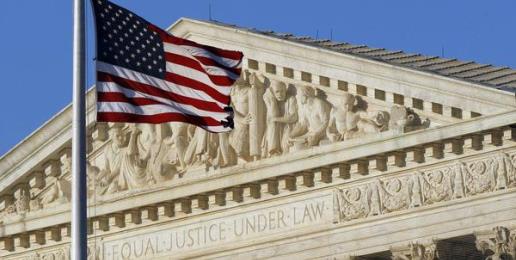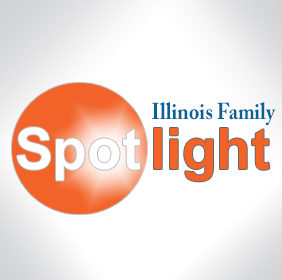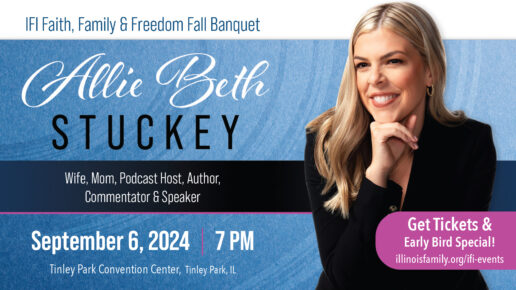
In hopeful news for religious liberty, the Supreme Court of the United States (SCOTUS) has agreed to hear two challenges to the constitutionality of the Obama Administration’s contraceptive and abortion drug mandate.
The High Court has accepted appeals of lower court decisions involving Hobby Lobby, the retail craft store chain, and Conestoga Wood Specialties, a custom cabinetmaker located in Pennsylvania.
The decision by the Supreme Court to hear these cases is of great consequence. It signifies that a majority of the justices think that there is evidence that the contraceptive and abortion drug mandate may be an unconstitutional imposition on the religious free exercise rights of business owners and religious institutions.
A major provision of the President Barack Obama’s Patient Protection and Affordable Care Act requires that every health insurance policy issued in the country must include a package of “essential benefits.” The law delegated unilateral authority to the Secretary of Health and Human Services (HHS) to determine what services must be considered “essential benefits.”
HHS Secretary Kathleen Sebelius (an avid pro-abortion advocate) subsequently issued a mandate that “essential benefits” would include full coverage (with no co-pays or deductibles) of any “contraceptive” drug or device approved by the Food and Drug Administration. This includes the abortifacient drugs Ella and Plan B, which are oftentimes referred to as “morning-after pills” or so-called “emergency contraception.”
The HHS mandate includes a religious exemption that was narrowly drawn, and only applies to churches and their “integrated auxiliaries.” It does not extend to non-profit Christian ministries and parachurch organizations, or to private business enterprises with a Christian mission statement, such as Hobby Lobby or Conestoga Woods.
“My family and I are encouraged that the U.S. Supreme Court has agreed to hear our case,” says David Green, founder and CEO of Hobby Lobby. “This legal challenge has always been about one thing and one thing only: the right of our family business to live out our sincere and deeply held religious convictions as guaranteed by the law and the Constitution. Business owners should not have to choose between violating their faith and violating the law.”
A U.S. District Court had ruled against Hobby Lobby’s challenge to the mandate, but the 10th Circuit Court of Appeals reversed that decision. The 10th Circuit concluded that Hobby Lobby had a “reasonable likelihood of success” in demonstrating that the HHS mandate violated the Religious Freedom Restoration Act and the Free Exercise Clause of the First Amendment. The Hobby Lobby corporation could have faced fines of approximately $1.3 million per day for failing to comply with the Sebelius edict.
In the Conestoga Woods case, the 3rd Circuit Court of Appeals ruled against the company’s religious liberty challenge to the law, saying that “for-profit, secular corporations cannot engage in religious exercise.” This position is contrary to that held by the Tenth Circuit and other courts who have considered lawsuits against the mandate. Those courts have decided that corporations can be considered “persons” under the law when constitutional freedoms are at stake.
Conestoga Woods, which operates outside Lancaster, Pennsylvania, is owned by the Hahn family, who are members of the Mennonite faith. In their filings, the Hahn family stated that they “object as a matter of conscience to facilitating contraception that may prevent the implantation of a human embryo in the womb.”
“The Administration has no business forcing citizens to choose between making and living and living free,” says David Cortman, senior counsel for the Alliance Defending Freedom, which is representing Conestoga Woods in the case. “A government that forces any citizen to participate in immoral acts–like the use of abortion drugs–under threat of crippling fines is a government everyone should fear.”
The cases accepted were Sebelius v. Hobby Lobby Stores, Inc. (13-354); and Conestoga Wood Specialties Corp. v. Sebelius (13-356).
























